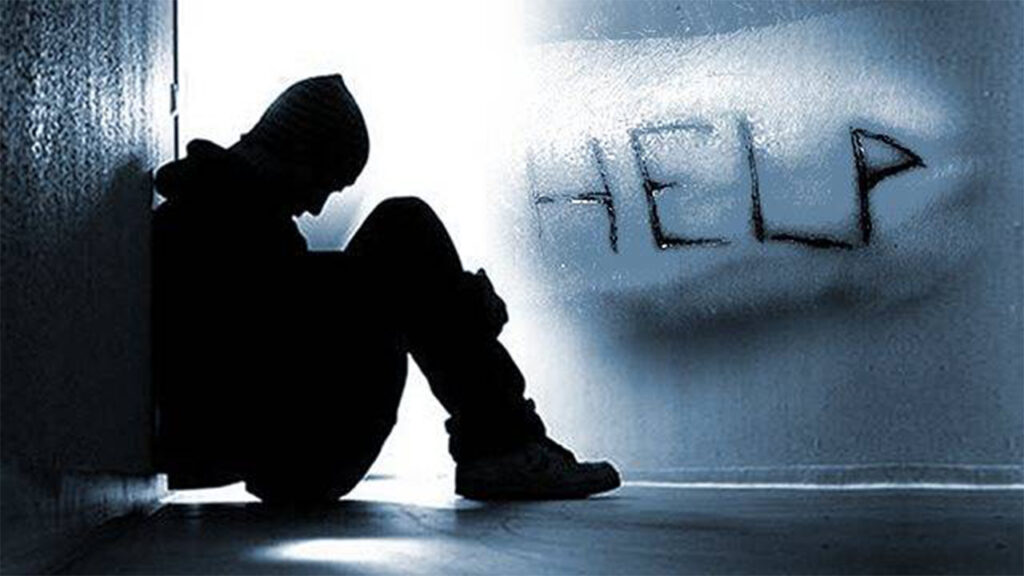UK (Commonwealth Union)_ Failure, a word that often strikes fear into the hearts of many, carries with it a weight that can be unbearable for some. In the intricate dance of life, where success and failure are the partners, the latter often finds itself unfairly blamed for pushing individuals to the brink. Suicide, a tragedy that touches lives worldwide, is a complex issue with many contributing factors. One of these factors, albeit not the sole cause, is the link between failure and suicide. In this article, we delve into the profound relationship between the two and explore ways to shine a light on the darkness that can result from perceived failure.
First and foremost, it is essential to recognize that failure is a universal experience. No one is immune to it, regardless of their age, gender, or social status. At some point in our lives, we all stumble, falter, or fall short of our goals and expectations. Failure, in its many forms, is a part of the human condition.
It is not the failure itself that directly leads to thoughts of suicide, but rather the way individuals perceive and internalize it. The weight of perceived failure can become overwhelming, leading to feelings of hopelessness, despair, and worthlessness. When individuals believe that they are defined by their failures, it can be a dangerous precipice.
Society, knowingly or unknowingly, often amplifies the link between failure and suicide. The relentless pursuit of success, coupled with societal expectations and judgments, can create a hostile environment for those who stumble along the way. The fear of judgment, ridicule, or isolation can prevent individuals from seeking help or sharing their struggles.
Breaking the stigma surrounding failure and mental health is a crucial step in preventing the link between failure and suicide. Conversations around mental health should be open, empathetic, and destigmatized. Just as we celebrate success, we must also acknowledge the courage it takes to confront failure and seek support.

The Importance of Support Systems
Support systems, including friends, family, and mental health professionals, play a pivotal role in preventing the link between failure and suicide. Encouraging loved ones to reach out, share their burdens, and seek help when needed can make all the difference. We must remember that reaching out is a sign of strength, not weakness.
Resilience and Self-Compassion
Teaching resilience and self-compassion is an essential part of mitigating the link between failure and suicide. Resilience empowers individuals to bounce back from setbacks, while self-compassion encourages them to treat themselves with the same kindness they would offer to a friend.
Failure is an inevitable part of life, but it should never be a sentence to despair or self-destruction. Understanding the link between failure and suicide allows us to recognize the signs, offer support, and foster a society that values each individual’s journey, regardless of its twists and turns. By embracing a culture of empathy, resilience, and self-compassion, we can help illuminate the path towards healing, ensuring that failure is never the final chapter in anyone’s story. Remember, you are not defined by your failures, but by your strength in facing them.








